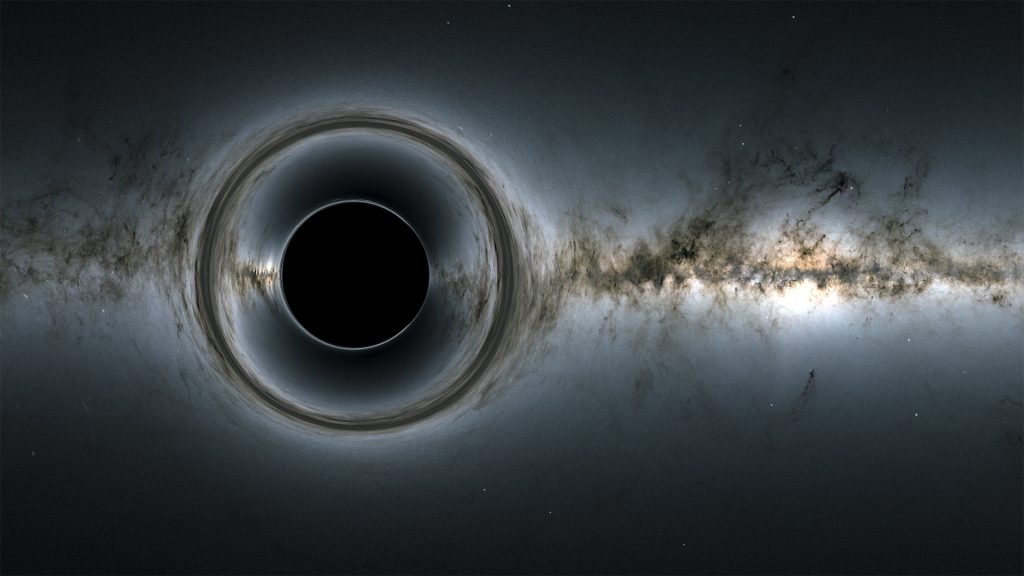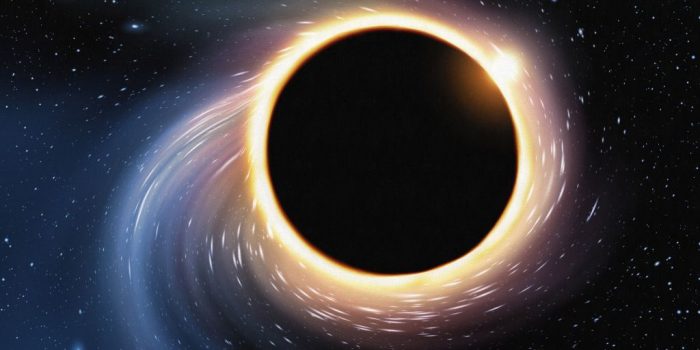It’s simple to overlook the fact that we live in a dynamic cosmos full of terrifying hazards in the midst of all the chaos on Earth. When it comes to things like space rocks hurtling at tens of thousands of kilometers per hour or black holes that could destroy our planet, it’s sometimes best to avoid thinking about them.
What would actually happen to the human body if we perished as a result of these strange cosmic phenomena? MailOnline consulted specialists to learn more and to see whether there was a danger that they may truly materialize while people were still alive.

- Death by a Dying Sun: Our sun, which is thought to be 4.5 billion years old, may someday grow to become a red giant and engulf Mercury, Venus, and possibly Earth. Without heat and sunlight, we would freeze to death.
- Spaghettification by a Black Hole: Black holes, regions of intense gravity, tear apart stars and everything that comes too close. If caught in a black hole’s gravitational pull, our bodies would be stretched and torn apart—a quick but unpleasant demise.
- Galaxy Collision: In about 4 billion years, our Milky Way galaxy will collide with the Andromeda galaxy, creating a new super galaxy known as “Milkdromeda.” While Earth won’t be destroyed, a collision between stars could have dangerous consequences, altering our orbit and potentially leading to freezing or scorching temperatures.
- Apocalypse by Asteroid: A massive asteroid impact, like the one that caused the extinction of the dinosaurs, could wipe out life on Earth. The larger the asteroid, the quicker and more devastating the end would be, whether through immediate impact or long-lasting climatic changes.
- Vanishing Atmosphere: If Earth’s atmosphere were to disappear, we would suffocate within seconds, and the seas would boil into vapor. This catastrophic scenario, although not imminent, may occur in about 1 billion years as the sun’s heat gradually causes the loss of our oxygen-rich atmosphere.

Although the most of these cosmic risks are unlikely to materialize while we are alive, experts assure us that they are nonetheless terrible. Instead, our own behaviors—such as those that contribute to climate change and the creation of harmful artificial intelligence—are what pose the greatest hazards to civilization.
Understanding these potential hazards and working toward a future where we can reduce the risks, safeguard our planet, and guarantee the survival of our species are essential as we explore the secrets of the cosmos.


